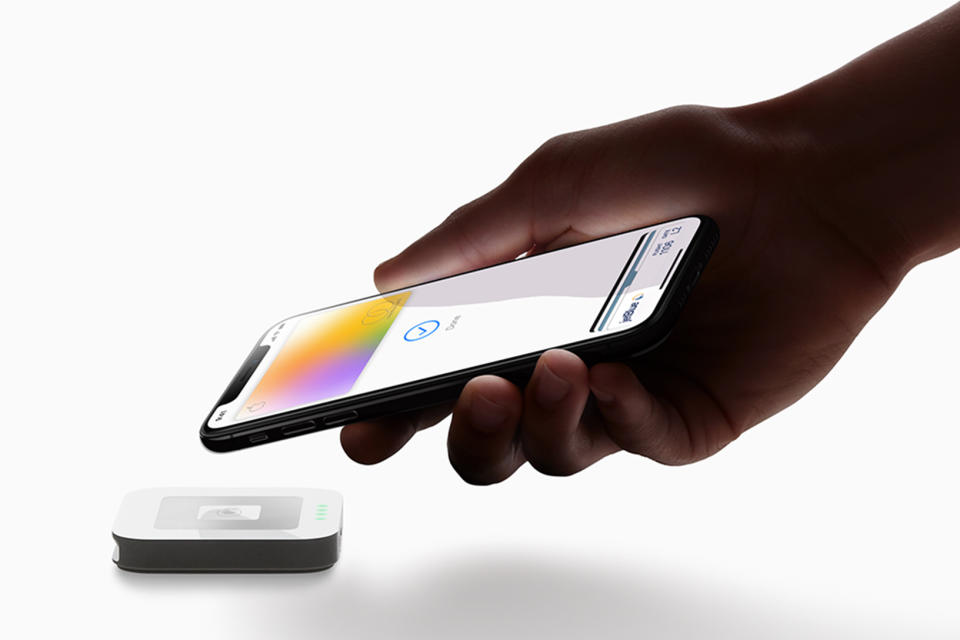Apple’s ditching credit card partnership with Goldman is another blow to the bank’s retail ambitions

Apple is putting an end to its credit card partnership with Goldman Sachs, yet another blow in the investment bank’s ill-fated attempt to push into the consumer banking space.
The Wall Street Journal reports Apple has proposed exiting the contract in the next 12 to 15 months, ending Goldman’s work on both the credit card and savings account. That comes just one year after the two companies extended the program through 2029.
The Journal said it could presently not be learned whether Apple has partnered with another bank.
Goldman CEO David Solomon has led the charge into the retail space, pouring billions of dollars into the effort, including both the Apple Card and specialty-lending platform GreenSky, which racked up over $3.8 billion in pretax losses over the past three years before being sold in October.
That push, along with criticism of his use of the corporate jet and leadership style, has led to what Solomon has called “personal attacks” and a “caricature that’s been painted of me.”
In January of this year, Solomon said the partnership with Apple was “an interesting opportunity to experiment and try different things.” But quietly, the Journal says, it told Apple it was looking to offload the partnership.
Finding a partner willing to offer the same benefits to consumers could be a challenge. Apple’s savings account pays an annual percentage yield of 4.15%, while charging no fees, requiring no minimum balance, and having no minimum deposit requirements. Consumers were drawn to that APY, which is significantly higher than the national average (which stands at 0.61%, according to Bankrate.com).
In its first four days, Apple’s savings account drew nearly $1 billion in deposits.
The Apple Card, meanwhile, also has no fees, streamlines the sign-up and screening process, and encourages customers to pay less interest, which limits revenue for card companies.
The end of the partnership also has ramifications for Apple. As consumers buy fewer iPhones and iPads, the company has relied more on its services business, which incorporates both subscription revenue and its finance operations.
This story was originally featured on Fortune.com
